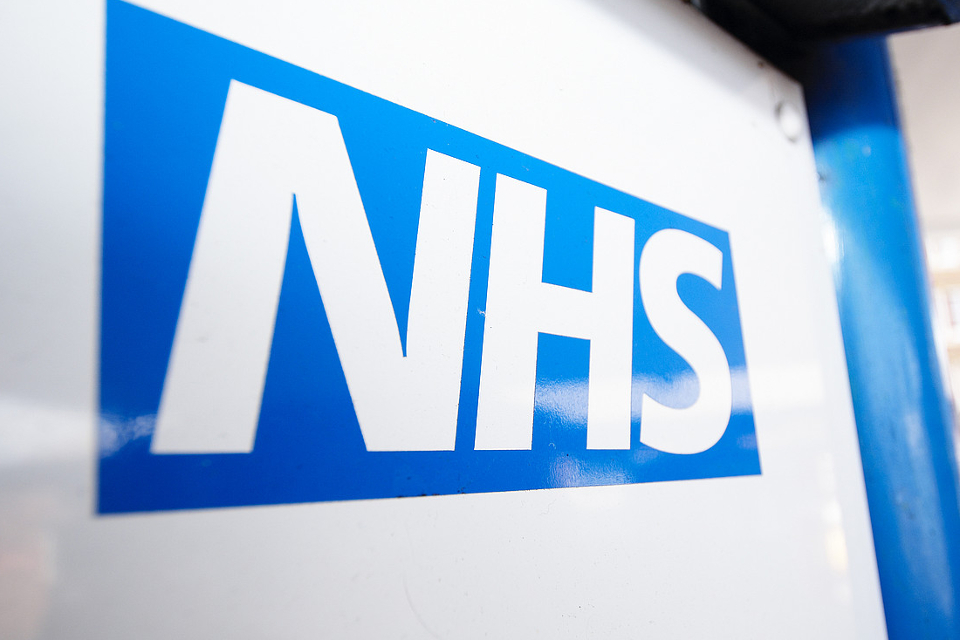Yeovil District Hospital NHS Foundation Trust has gone live with its single healthcare information system, which it says will generate benefits worth around £27.5m.
Yeovil Hospital has migrated its separate records systems onto one central system – Photo credit: Wikimedia Commons
The TrakCare system, provided by the technology company InterSystems, replaces separate patient information systems with a single access point and aims to give healthcare professionals up-to-date information about a patient’s care quickly and easily.
Yeovil hospital’s chief information officer Jason Maclellan said that the move would allow it to manage health across the region’s population, as well as spot gaps in care and identify variations in cost and outcomes to improve patient care.
Related content
Mid Essex trust aims at faster record back-up
Health and the cloud: How cloud can help chief financial officers do more with less
Yeovil is the first of the three NHS trusts in its regional collaboration, known as SmartCare, to use TrakCare, with Northern Devon Healthcare NHS Trust and Gloucestershire Hospitals NHS Foundation Trust expected to take up the system soon.
A statement from the trust said that the first phase of the migration from Yeovil’s legacy patient administration system to the new system is now complete. This includes migration of isolated records from emergency, maternity, inpatient and outpatient departments.
The move will see the systems hosted off-site, in a managed service by InterSystems, which will free up the time of staff that previously managed the maintenance and upgrading of on-site systems.
Anthony Smith, chief clinical information officer at Yeovil Hospital, said that the clinical staff had “taken real ownership” of the new system, to make it work for the trust.
“Having a single source of truth on the patients in our care will help us to deliver safer and more effective care based on a complete view of the patient’s journey,” he said. “We already have a better view of the hospital now that the system has gone live, and patient handover between departments now flows more efficiently.”
The next phase of the migration aims to eliminate paper processes, and make it easier to integrate health and social care, offer personalised healthcare and manage patient populations.
Smith said that the second phase would allow the hospital to “realise the real benefits of becoming a paperless hospital, with enhanced clinical functionality, electronic notes, electronic prescribing and much more”.




https://infohelpforyou.com/ec8ba0ec8381ecb69cec8b9ced8eb8ec8aa4ed86a0eb9e91-ec9eacebb0a9ec86a1/
https://kemongsa.co.kr/macbook-air-m2/
https://dnolife.net/software/evernote/
https://new-software.download/windows/spotv-now/
https://new-software.download/windows/fall-guys/
안성출장마사지